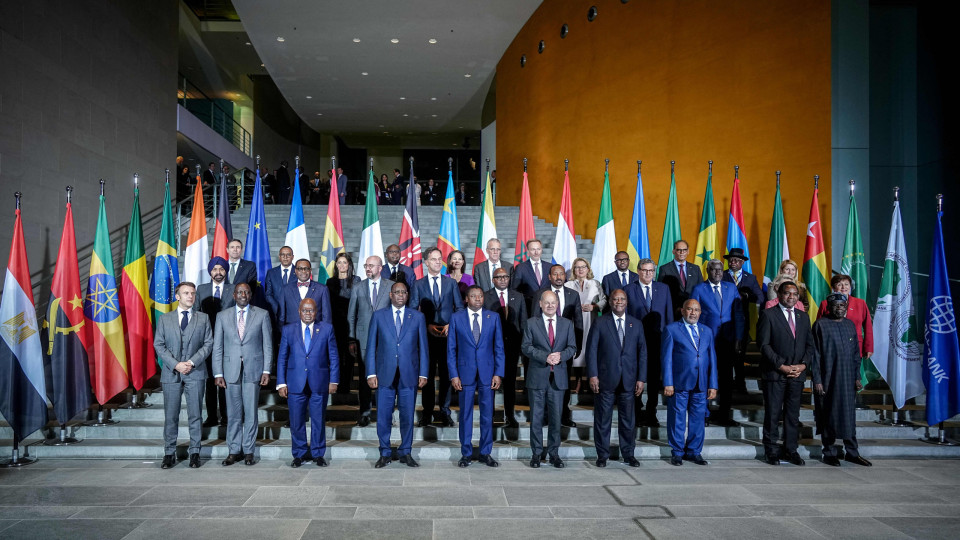Taxing the super-rich enters the G20 debate
French economist Gabriel Zucman today presented the preliminary research on taxing the super-rich, a measure that would raise 250 billion dollars a year worldwide and is an ambition of the Brazilian presidency in the G20.

© KAY NIETFELD/POOL/AFP via Getty Images

Economia G20
At a meeting with the foreign 'media' in Brasília, which included Lusa, and which preceded the presentation of the preliminary research for the report on how to tax the super-rich, Gabriel Zucman stressed that the ambition is to "create a standardization for the rich to pay more" taxes.
The current system, which facilitates tax evasion by the wealthiest, or the allocation of capital where they can pay less taxes, "is no longer sustainable," said the director of the European Union Tax Observatory, hired by the Brazilian presidency of the G20 to prepare the proposal.
That is why a consensus among countries is necessary for the creation of a global minimum tax, he added.
This global cooperation, he said, would not impact tax collection in countries precisely because there would be a global minimum tax, meaning that there would be no advantage for billionaires to leave their residence for another more advantageous country.
The initial conclusions of the French economist indicate that a minimum tax of 2% on billionaires would be the most appropriate option to restore global tax progressivity and collect more than 250 billion dollars (230.9 billion euros) per year.
According to the head of the European Union Tax Observatory, there are fewer than 3,000 billionaires worldwide.
In his opinion, it is not morally acceptable that "the wealthiest do not pay their fair share of taxes," at a time when several countries have growing financial needs, with difficulties in responding to global challenges, "such as the climate crisis."
So far, the only countries that belong to the group of the 20 largest world economies that have publicly supported the idea of a global minimum tax on the very wealthy have been Brazil, France and South Africa.
Belgium and Spain, a permanent guest country in the G20's work, have also already supported the measure, as well as 12 Latin American countries.
At the invitation of the Brazilian presidency, Portugal is participating as an observer member of the G20 for this year and will be present at more than 100 meetings of the working groups, at the technical and ministerial level, in five Brazilian regions, culminating in the Brazilian presidency with the summit of heads of state and government, in Rio de Janeiro, on November 18 and 19.
US President Joe Biden has already shown his support for a similar plan to tax the wealthiest.
The presidential elections in November in the US and the possible victory of Donald Trump could cool the implementation of the measure, detailed the French economist, emphasizing, however, that the support of the United States is not necessary, "although it would be beneficial."
Zucman will deliver the report at the end of June, and Brazil hopes that it will be supported by the maximum number of countries, during the G20 Finance Ministers' Summit in Rio de Janeiro, on July 28 and 29.
The French economist presented the outline of the proposal today at an event of the G20 Finance Track in Brasília, which was attended, according to the Brazilian government, by "experts on the subject of taxation, including representatives of international organizations, in the European Union; the World Bank; IDB (Inter-American Development Bank) and G20 member countries."
Read Also: Canada will tax the wealthiest to finance housing (Portuguese version)


Descarregue a nossa App gratuita.
Oitavo ano consecutivo Escolha do Consumidor para Imprensa Online e eleito o produto do ano 2024.
* Estudo da e Netsonda, nov. e dez. 2023 produtodoano- pt.com





